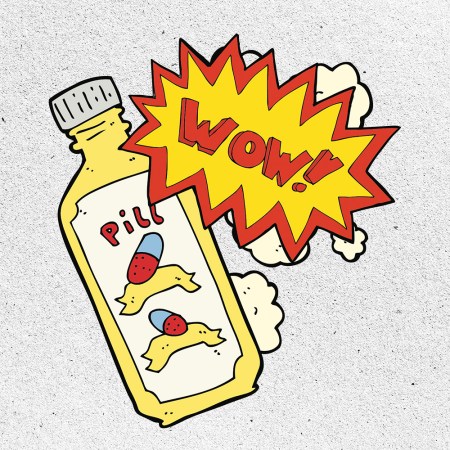In a recent article for The New York Times, Wharton organizational psychologist Adam Grant puts a name to the feelings of aimlessness and futility that many Americans are experiencing in 2021: “languishing.” It’s a callback to research published by a sociologist named Corey Keyes nearly 20 years ago.
Don’t feel self-conscious if you’ve never heard the term before. It’s tough to define, and generally not a very sexy topic for media to cover. Unlike the mental health’s absolutist states of well-being — “depression” and “flourishing” — when someone is languishing s/he has neither hit rock bottom nor achieved some sort of work-life nirvana. They’re bopping around somewhere in the middle, though trending in the direction of depression.
Here’s Keyes’ definition: “A state in which an individual is devoid of positive emotion toward life, and is not functioning well either psychologically or socially, and has not been depressed during the past year. In short, languishers are neither mentally ill nor mentally healthy.”
Languishing was a silent epidemic in the United States long before the arrival of the pandemic. The fact that we didn’t talk about it (or that most didn’t have a name for it) is a sobering testament to American society’s ongoing struggle with normalizing mental health conversations. But so many of have experienced it, especially over the last year.
Think about mornings you’ve spent an extra hour in bed, any time you abandoned a hobby or project, or the times you’ve felt indifferent about your prospect of promotions, post-pandemic travel, family functions. Languishing sneaks up on you — it’s coasting, but without the easy breezy attitude. It thrives when we lose our focus and then lose the will to regain our focus.
What can you do to combat it? Calling it by name is an excellent first step. This can put a stage light on its presence in your life. Try to source the symptoms of your own languishing (e.g. Have you stopped walking? Reading? Cooking?) while identifying habits that could pull you back to where you deserve to be.
Grant recommends finding states of “flow,” — a concept, funnily enough, that was recently depicted in Pixar’s Soul. These are pursuits (from hanging out with friends to playing the piano) that take you out of yourself. They bend time and place, in the best way. I would also personally recommend routine. Fill out a calendar, fill out a journal. Schedule meals. Go to bed at the same time every night.
The pandemic has taken so much from us, and for some, the final twist of the knife has been a loss of self. We don’t recognize ourselves, and down the line, that could lead to real scenes of mental illness, perhaps even a major depressive episode. Don’t expect to find excitement and excellence right away, but with a bit of intent, you can climb out of languishing’s purgatorial holding bay and get yourself right again.
Whether you’re looking to get into shape, or just get out of a funk, The Charge has got you covered. Sign up for our new wellness newsletter today.


















